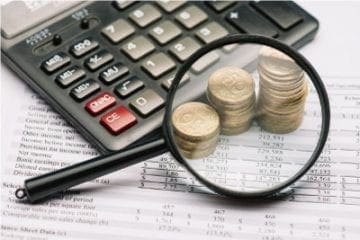If you are claiming a deduction for using your own car in performing you employment duties (including a car you lease or hire), it is treated as a car expense.
If you use someone else’s car for work purposes, you may be able to claim the direct costs (such as fuel) as a travel expense.
If the travel was partly private, you can only claim the work-related portion.
When you can and can’t claim for car expenses
When you can claim
You can claim a deduction for work-related car expenses if you use your own car in the course of performing your job as an employee, for example, to:
- carry bulky tools or equipment which your employer requires you to use for work and you cannot leave at work.
- attend conferences or meetings.
- deliver items or collect supplies.
- travel between two separate places of employment provided one of the places is not your home.
- travel from your normal workplace to an alternative workplace and back to your normal workplace or directly home.
- travel from your home to an alternative workplace and then to your normal workplace or directly home.
- perform itinerant work.
If you receive an allowance from your employer for car expenses, it is assessable income and the allowance must be included on your tax return. The amount of the allowance will usually be shown on your payment summary.
When you can’t claim
A majority of people can not claim travelling between home and work because this travel is private.
How you can claim your vehicle
There are two methods available to individuals to claim your car expenses:
Cents per kilometre method
Logbook method
Cents per kilometre method
Allows you to claim up to 5,000 km at 66 cents per kilometre, which is the current rate. No logbook is needed but you need to show how you calculated the business-related kilometres.
Eg: 3,500 km travelled for work in the year x $0.66 = $2,310 tax deduction
Logbook method
You must keep a logbook for at least 12 weeks to establish the business/work percentage use. You can then apply that percentage to all motor vehicle expenses for the year.
You must also keep receipts for all expenses.
Eg: Your logbook shows that you use the car for 60% work-related travel.
You should total up all your expenses for the car for the whole financial year.
| Fuel | $2,800 |
| Repairs | $800 |
| Registration | $750 |
| Insurance | $600 |
| Total | $4,950 |
Then you can apply the business percentage to work out your tax deduction.
$4,950 x 60% = $2,970 tax deduction.


